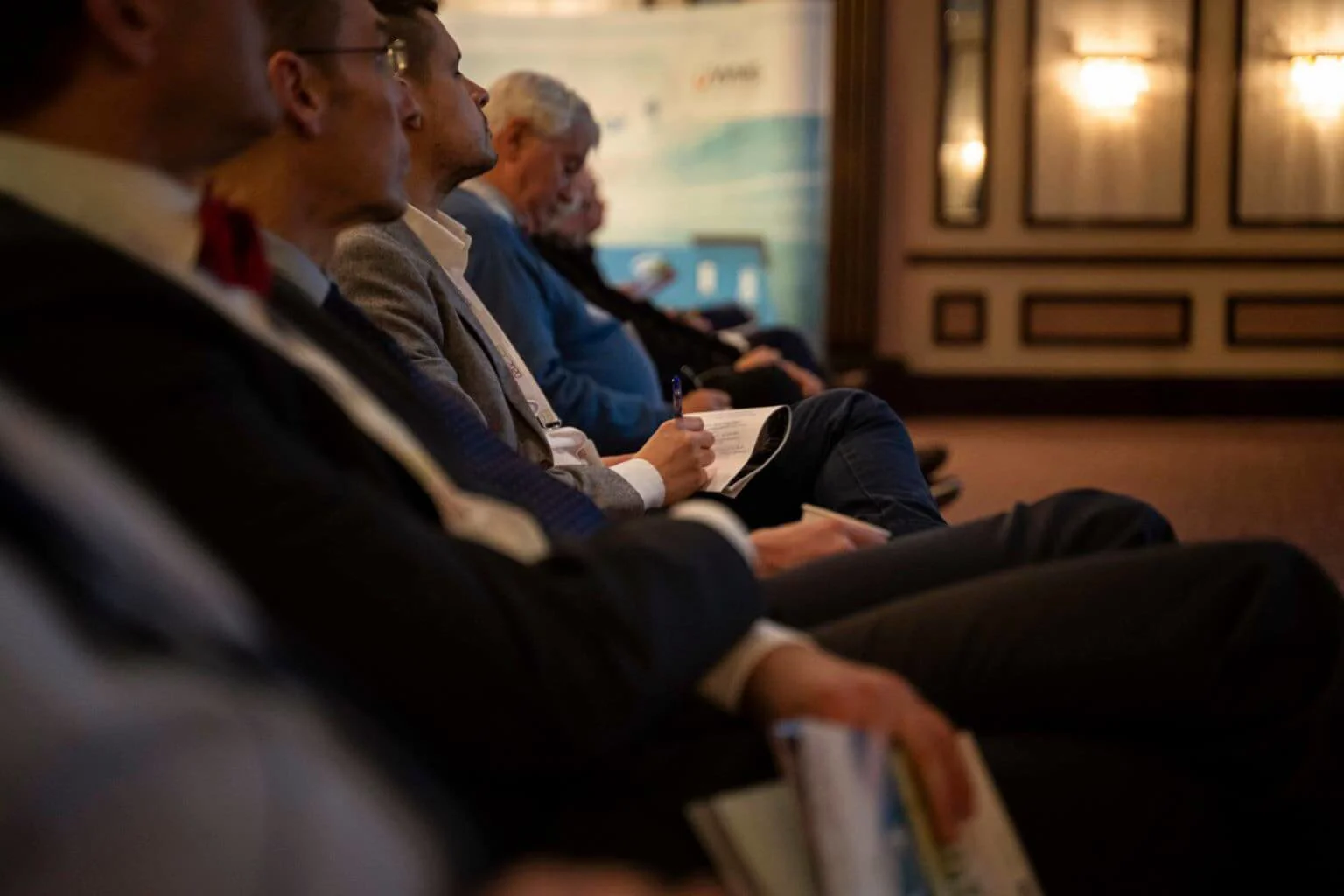Professor Richard Burke to discuss hydrogen fuel cells for heavy duty applications
Professor Richard Burke, Professor of Sustainable Automotive Propulsion and member of the IAAPS Academic team, is among the speakers at the forthcoming Future Propulsion Conference (FPC), taking part in a seminar on Fuel Cells chaired by Jon Caine, Design Department Leader at AVL Powertrain UK.
Professor Burke will give a presentation titled ‘Considerations and opportunities for air handling systems in hydrogen fuel cells for heavy duty applications’, outlining the findings from the first 12 months of a major APC 15 grant he is leading for IAAPS, delving into the opportunity hydrogen fuel cells offer to decarbonise heavy duty automotive applications.
Session abstract
Hydrogen fuel cells offer a route to decarbonise heavy duty automotive applications. From an air handling perspective, like combustion engines, fuel cells require a pressurised flow of air to generate electrical power in an efficient way, and the starting point for these technologies has been based around turbomachinery.
However, the lack of thermal energy in the exhaust from the stack means that a traditional turbocharger is not on its own sufficient for providing the required air flow. The common approach is to use electric motors to provide the balance of mechanical power required to drive the compressor(s) on the fuel cell intake.
This approach introduces new degrees of freedom to the turbomachinery selection. For example, as an electric motor will be used, it is no longer necessary to constrain the choice of turbine to cover all of the compressor power all of the time, introducing flexibility in this component choice. Equally, unlike combustion engine turbocharging, backpressure on the fuel cell stack is required and therefore desirable.
In contrast, new challenges emerge including thermal management of the air supply to avoid drying the fuel cell membrane and the management of high water content close to the saturation point in the turbine. This presentation will provide an overview of initial findings that will outline the key modelling challenges for fuel cell systems and then present a comparison of different air-path architectures.
Session details
The presentation will be held on Thursday, 3rd March, at 12pm to 1.30pm in the Trafalgar Suite.
Other speakers in the seminar include:
- Luke Bates, Advanced Propulsion Centre – ‘Getting ahead of the curve with fuel cell technology in the UK’
- Mike Bassett, Mahle Powertrain – ‘Light-duty Demonstrator Vehicle Featuring a Low-cost PCB Fuel Cell’
- Harry Hoster, ZBT – ‘How fuel cell vehicles suffer from air pollution’
